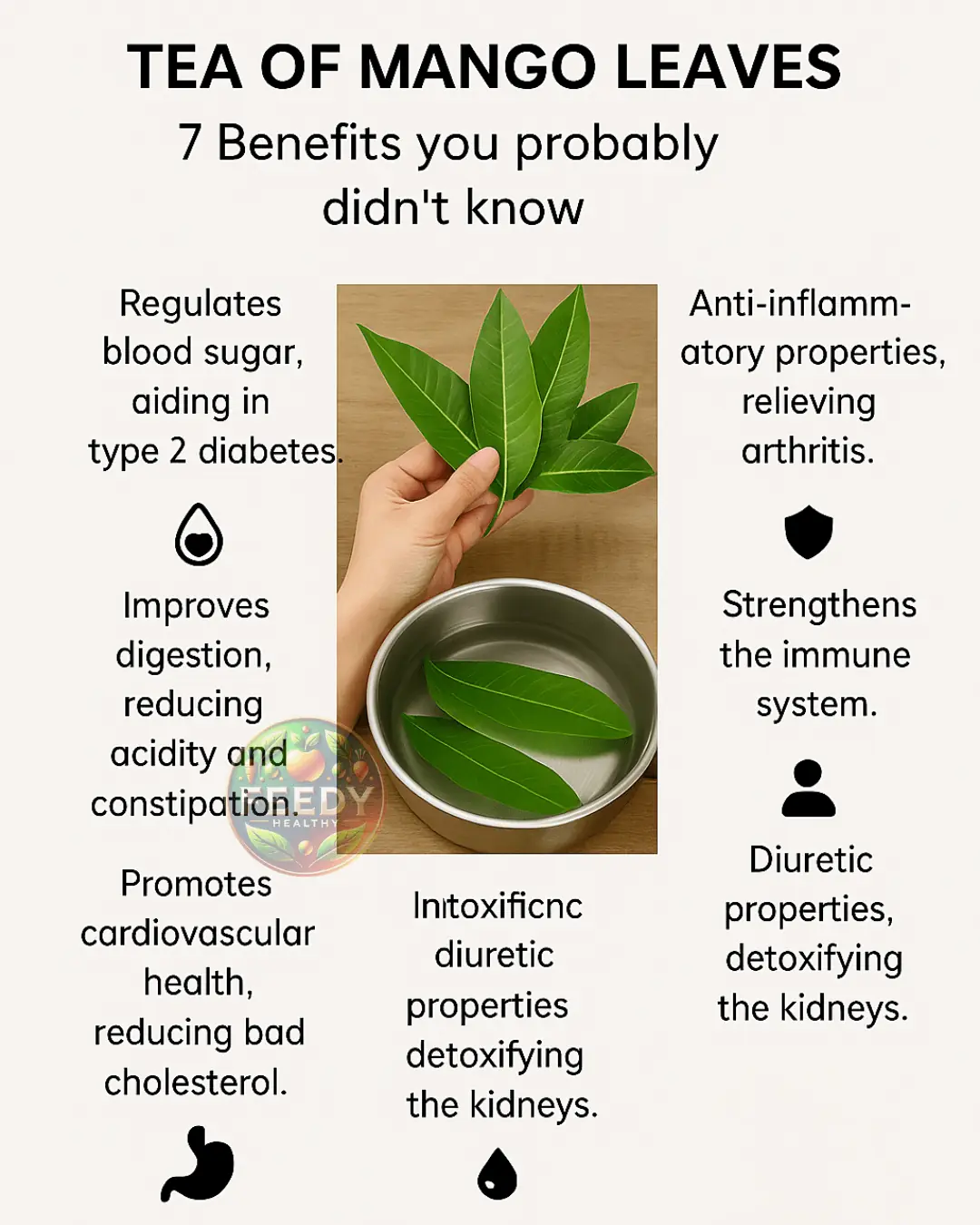
Rise in Colon Cancer Among Young Adults May Be Linked to Contaminated Lettuce, Researchers Warn
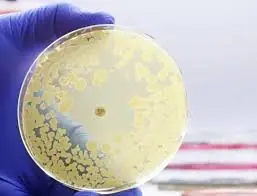
A sharp rise in colon cancer cases among people under 50 has sparked concern among health experts, and new research suggests a disturbing possible link: contaminated salad ingredients, especially lettuce.
According to a study conducted in the UK, a rare strain of E. coli bacteria—known as non-O157 Shiga toxin-producing E. coli (STEC)—has seen a dramatic increase in recent years. This strain, which can cause severe gastrointestinal illness, has also been found to produce colibactin, a toxin now associated with the development of colon cancer.
⚠️ A Nearly Tenfold Spike in Infections
Data from the UK Health Security Agency (UKHSA) shows that cases of non-O157 STEC in England surged from just 297 in 2016 to 2,341 in 2023. Over the course of seven years, 9,311 individuals were affected.
Among them:
-
840 people were hospitalized
-
173 developed hemolytic uremic syndrome (HUS), a potentially fatal condition leading to kidney failure
-
Nine deaths were reported due to STEC infections
🥗 What's Causing the Contamination?
The primary culprits are undercooked meat and ready-to-eat foods—such as bagged salads, pre-cut fruit, and sandwich fillings—where bacteria can easily grow and spread if not handled properly.
In one 2023 outbreak, over 280 cases and two deaths were traced back to pre-packaged sandwiches containing lettuce contaminated with STEC.
Health officials have warned that lettuce may be especially vulnerable to harboring harmful bacteria due to its uneven texture and the fact that it's consumed raw.
🧬 Link Between E. coli and Colon Cancer in Young Adults
A study published in Nature examined the DNA of 981 colon cancer tumors in patients under 40 and over 70 from 11 countries. The results were striking: tumors in younger individuals were three times more likely to contain traces of colibactin, a cancer-linked toxin produced by certain E. coli strains.
The findings suggest a possible biological mechanism behind the surging colon cancer rates in people under 50, a trend that has puzzled the medical community for years.
Although more research is needed, early evidence indicates that non-O157 STEC exposure could be a key factor.
🧪 Scientists Urge More Long-Term Studies
While researchers describe the study as "strong" and "high-quality," they emphasize that further long-term studies are needed—especially to determine how childhood exposure to colibactin-producing E. coli may affect cancer risk later in life.
They also stress the need to investigate how these E. coli strains evolve and what environmental factors may contribute to their spread.
📈 A Growing Health Crisis
Bowel (colon) cancer is the fourth most common cancer in both the UK and the US, with over 44,000 cases in the UK and 142,000 in the US reported annually.
According to Cancer Research UK, more than half of these cases are preventable through lifestyle and dietary changes.
🚨 Know the Warning Signs
Common symptoms of bowel cancer include:
-
Persistent changes in bowel habits (diarrhea or constipation)
-
Feeling an urgent or incomplete need to have a bowel movement
-
Blood in the stool
-
Fatigue
-
Abdominal pain or bloating
-
Unexplained weight loss
-
A lump or mass in the stomach
Anyone experiencing these symptoms should consult a healthcare professional promptly.
🛑 Warnings and Recalls
Following the recent STEC outbreaks, UK authorities issued a “Do Not Eat” warning on more than 60 sandwiches, salads, and wraps sold at major supermarket chains. Two deaths, nine cases of HUS, and nearly 300 illnesses were tied to the outbreak.
💡 How STEC Spreads
STEC is commonly transmitted through:
-
Undercooked or contaminated food
-
Direct contact with infected animals or their feces
-
Close contact with infected individuals
-
Drinking or swimming in contaminated water
✅ Final Takeaway: Prevention Starts with Awareness
The growing evidence linking E. coli contamination and colon cancer in younger people is a wake-up call. While more research is underway, you can protect yourself by:
-
Washing produce thoroughly
-
Avoiding undercooked meat
-
Practicing good hygiene
-
Staying informed about food recalls
And most importantly, don't ignore symptoms. Early detection saves lives.
News in the same category

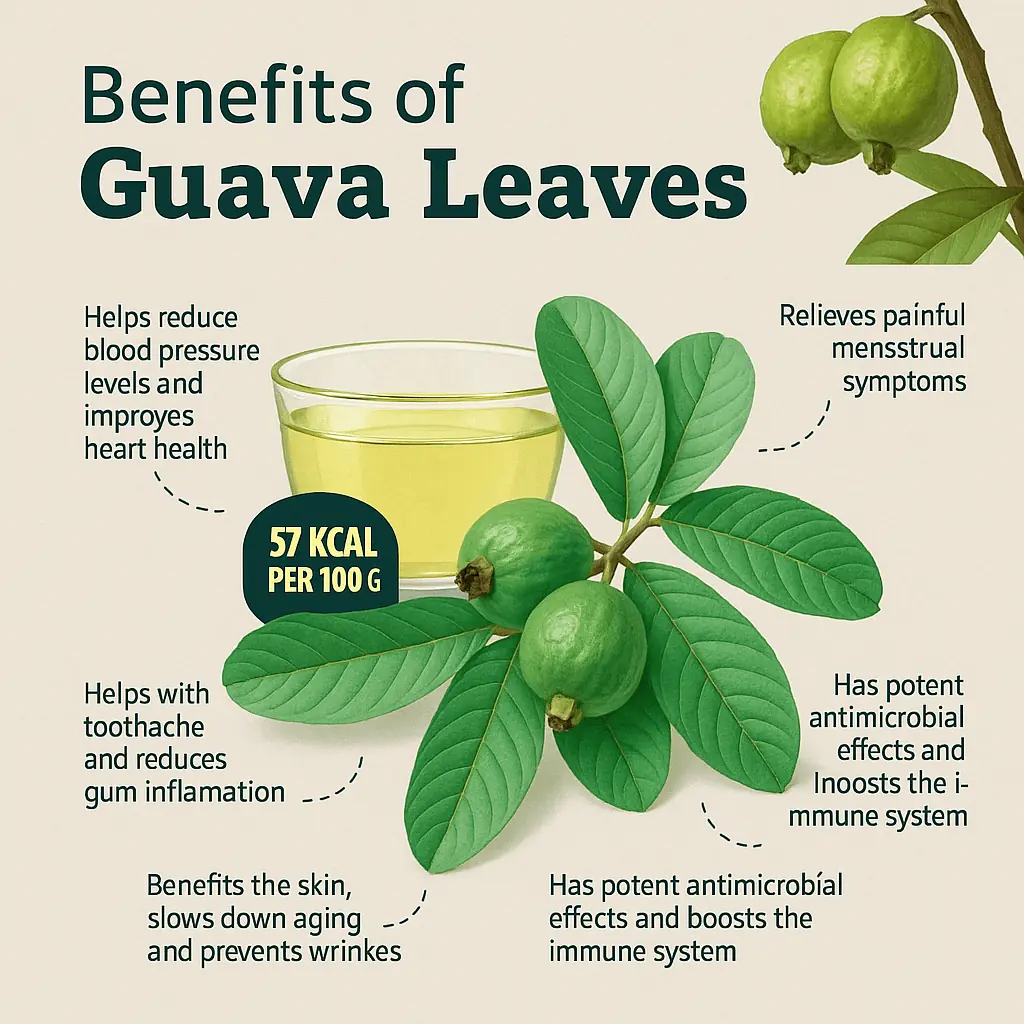
🌿 Amazing Health Benefits of Guava Leaves 🍃💚

Recognize the Hidden Toll of Stress: 8 Symptoms of High Cortisol You Shouldn’t Ignore

This YouTuber Ate 720 Eggs in 30 Days—Here’s What It Did to His Cholesterol

Heart Surgeon Reveals 4 Foods You Should ‘Always Avoid’ That Will ‘Poison’ Your Body

Effects of music on cancer cells: what the science says.

These 5 Popular Drinks Are Slowly Damaging Your Kidneys — Are You Still Drinking Them?

Doctors Gave Up, But a Woman Recovered from Cancer by Drinking Ginger and Honey

Panic Attacks And Anxiety Have Been Linked To Certain Vitamin And Mineral Deficiencies
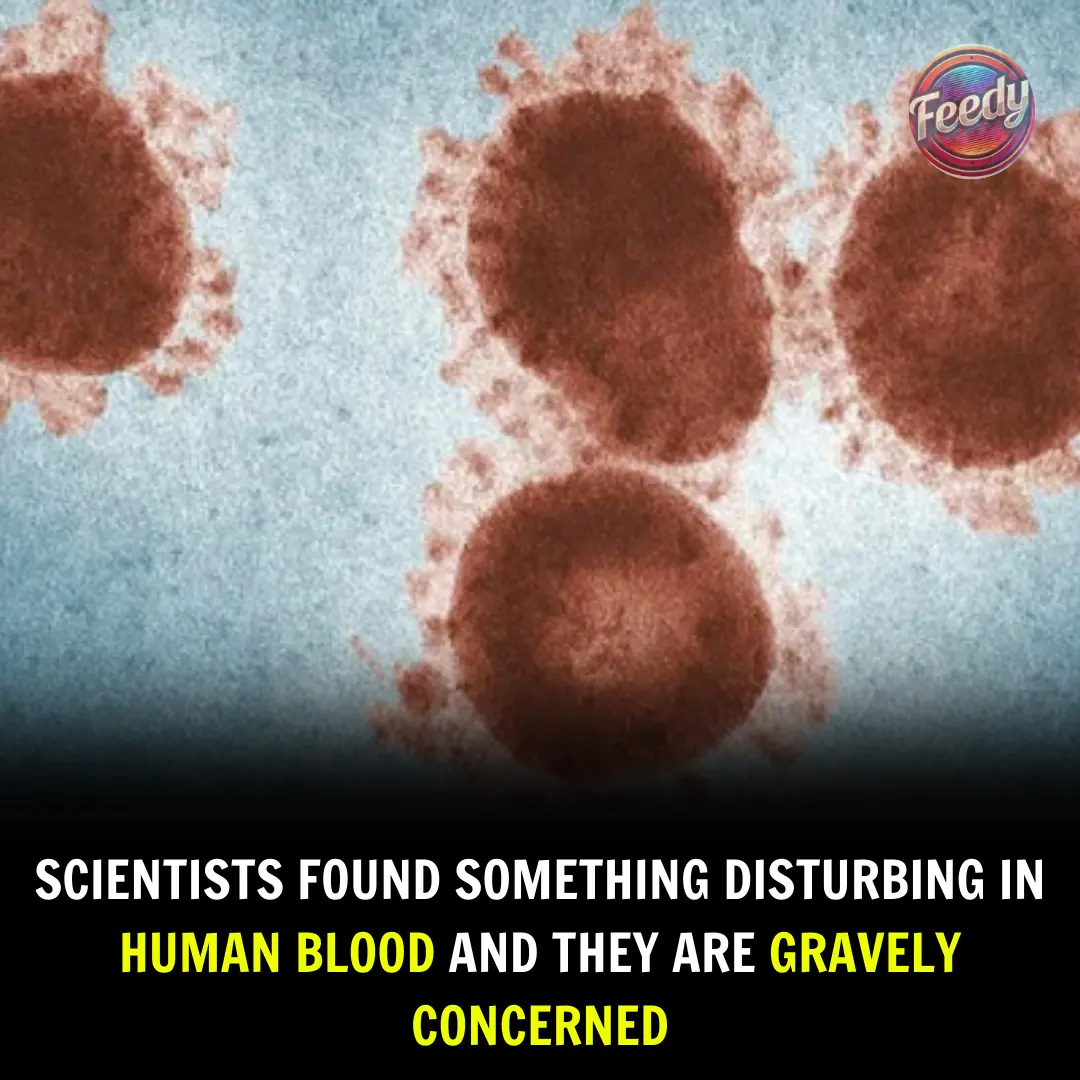
The Hidden Link Between Air Pollution, Alzheimer’s, and Cancer — And the Dust in Your Home
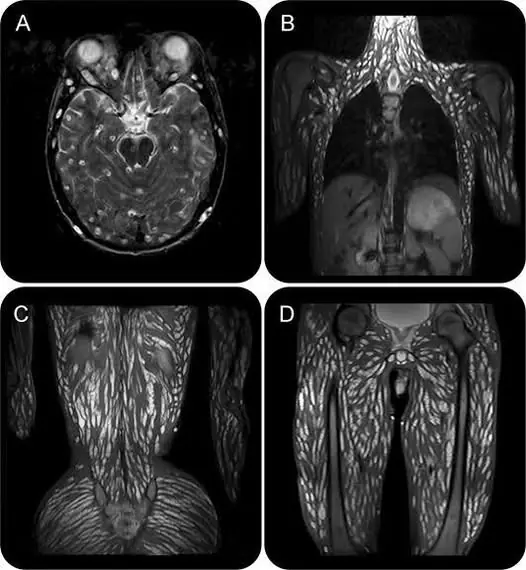
The Hidden Danger in Your Pork: What You Need to Know Before You Eat!

Doctor Warns of SKIN CANCER From MOLES That Spread Rapidly: If You Have 1 of These 11 Signs, Get Checked Immediately

8 Unexpected Signs You Could Be Lactose Intolerant

Is Drinking Water First Thing in the Morning Beneficial?
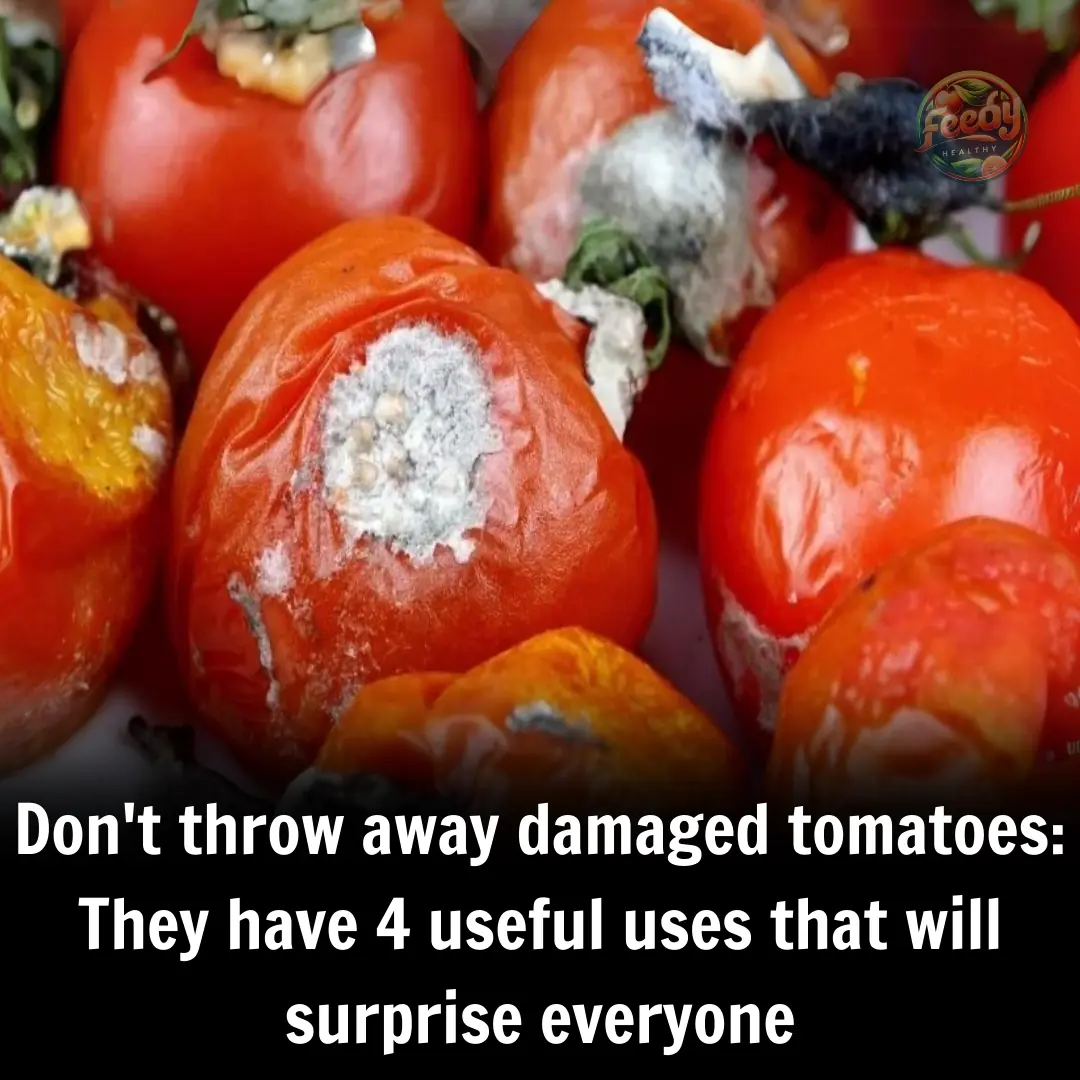
Don’t Throw Away Damaged Tomatoes
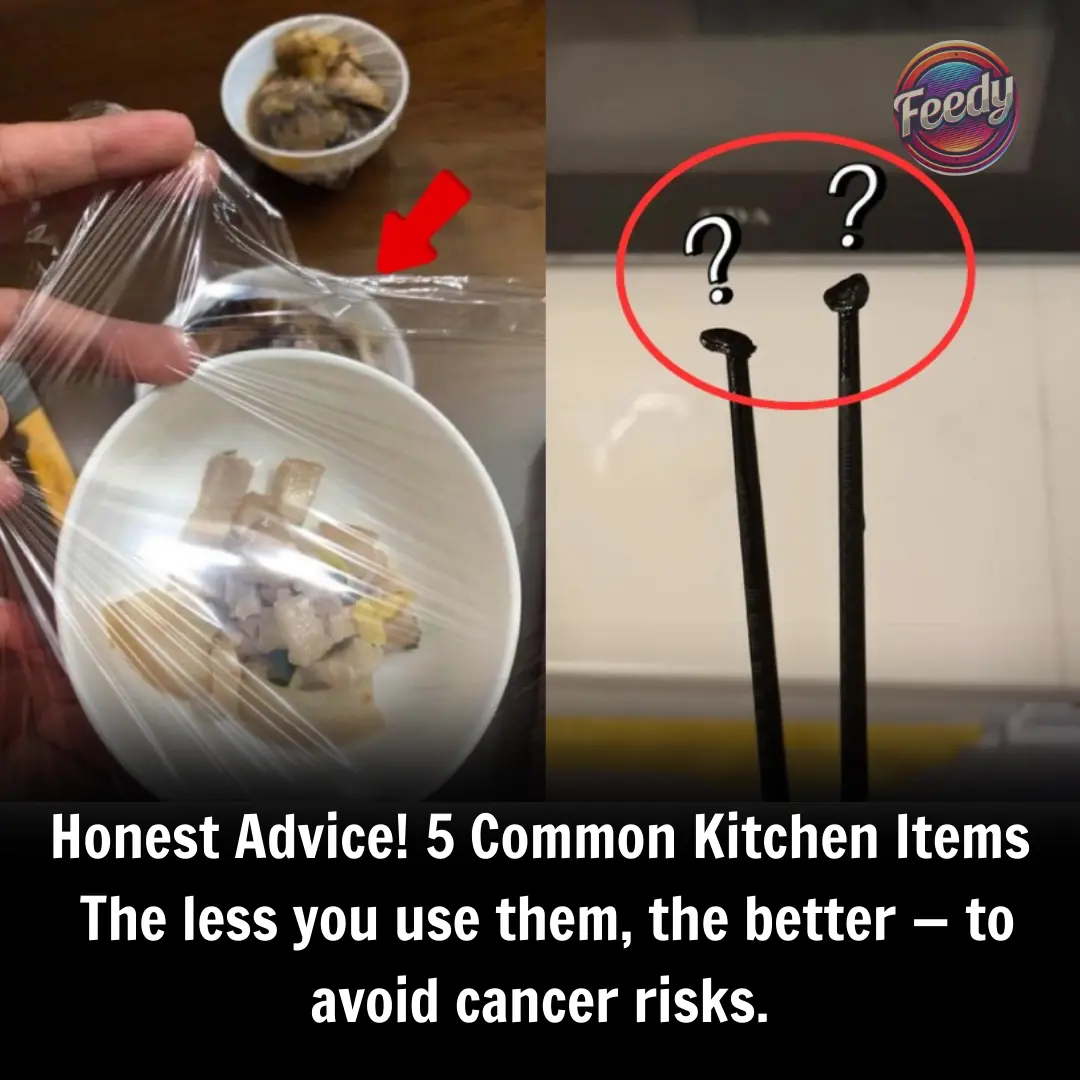
Remember: The kitchen is closely linked to your health!

17-Year-Old Girl Hospitalized with Kidney Failure, Must Undergo Dialysis for Life: Doctors Warn Against 3 Common Habits Among Youth
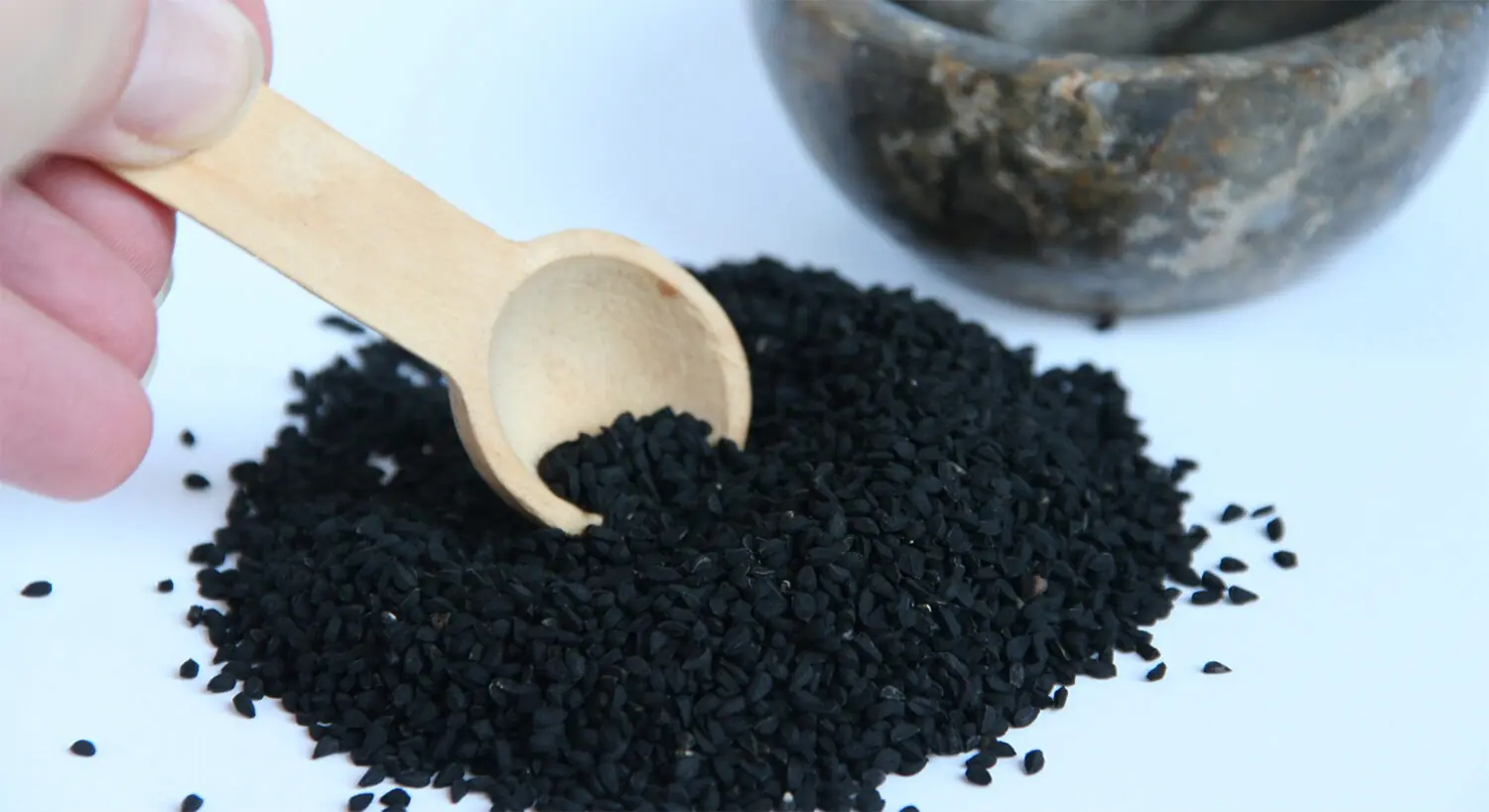
Plant in the Bible Said to Heal All Ailments

A Vegetable as Powerful as a "Miracle Herb" — A Natural Enemy of Cancer That Grows Freely in Gardens, Yet Many Overlook It
News Post

Mango Leaf Tea 🌿🍃

I Adopted the Oldest Shelter Dog, Knowing She Had Only a Month Left – My Goal Was to Make It Her Happiest

The holy relics inside Pope Francis’ casket

Gen-Z does not like ‘passive aggressive’ thumbs up emoji

The Vaseline & Cornstarch Trick: Can This Simple DIY Really Make You Look Younger?

Weight Loss Drink: Lose 20kg in a Month!

Get Thicker Eyelashes/Eyebrows with Vaseline and Castor Oil Serum in 1 Week

Man Releases Chilling Never Seen Before Footage of Twin Tower Collapse

Rice Water, A Magical Ingredient For Hair

🌿 Amazing Health Benefits of Guava Leaves 🍃💚

Risk of prostate cancer increases by 45% in men due to a common practice

Mix 2 cloves with 2 bay leaves and you will love the result
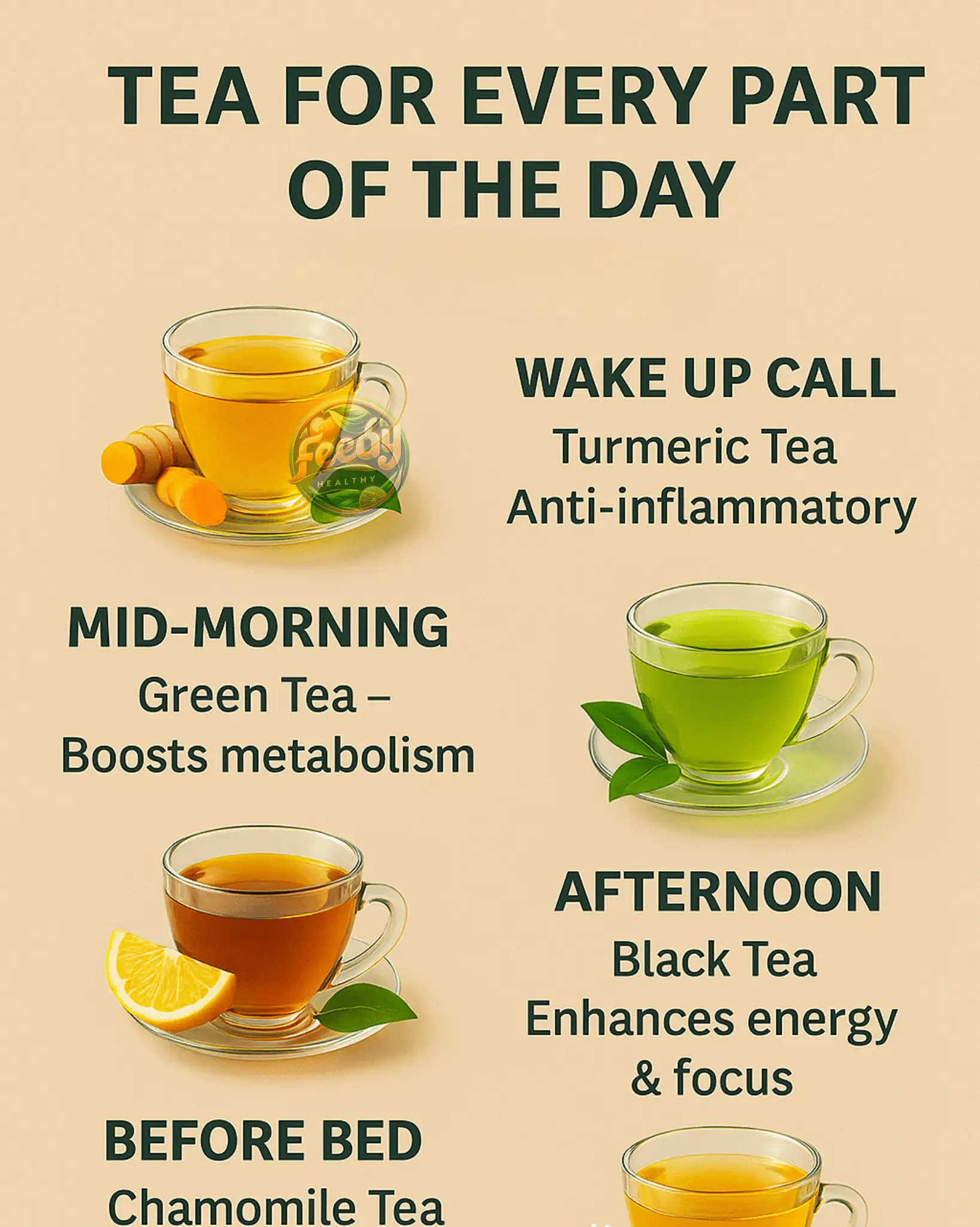
Homemade Turmeric Tea to Boost Immunity, Lose Weight & Fight Virus

CLEAN YOUR LUNGS AND STOP COUGHING IN THREE DAYS

Poor Janitor Buys Old Doll at Flea Market, Gives it to Child & Hears Crackling Sound from It — Story of the Day

Karoline Leavitt Shares Adorable Family Photos—But Eagle-Eyed Fans Spot Something Unexpected in the Background

Who is ready to face this challenge?

Dog Goes to Closed Store Daily then Leaves, One Evening Poor Boy Notices and Follows It
